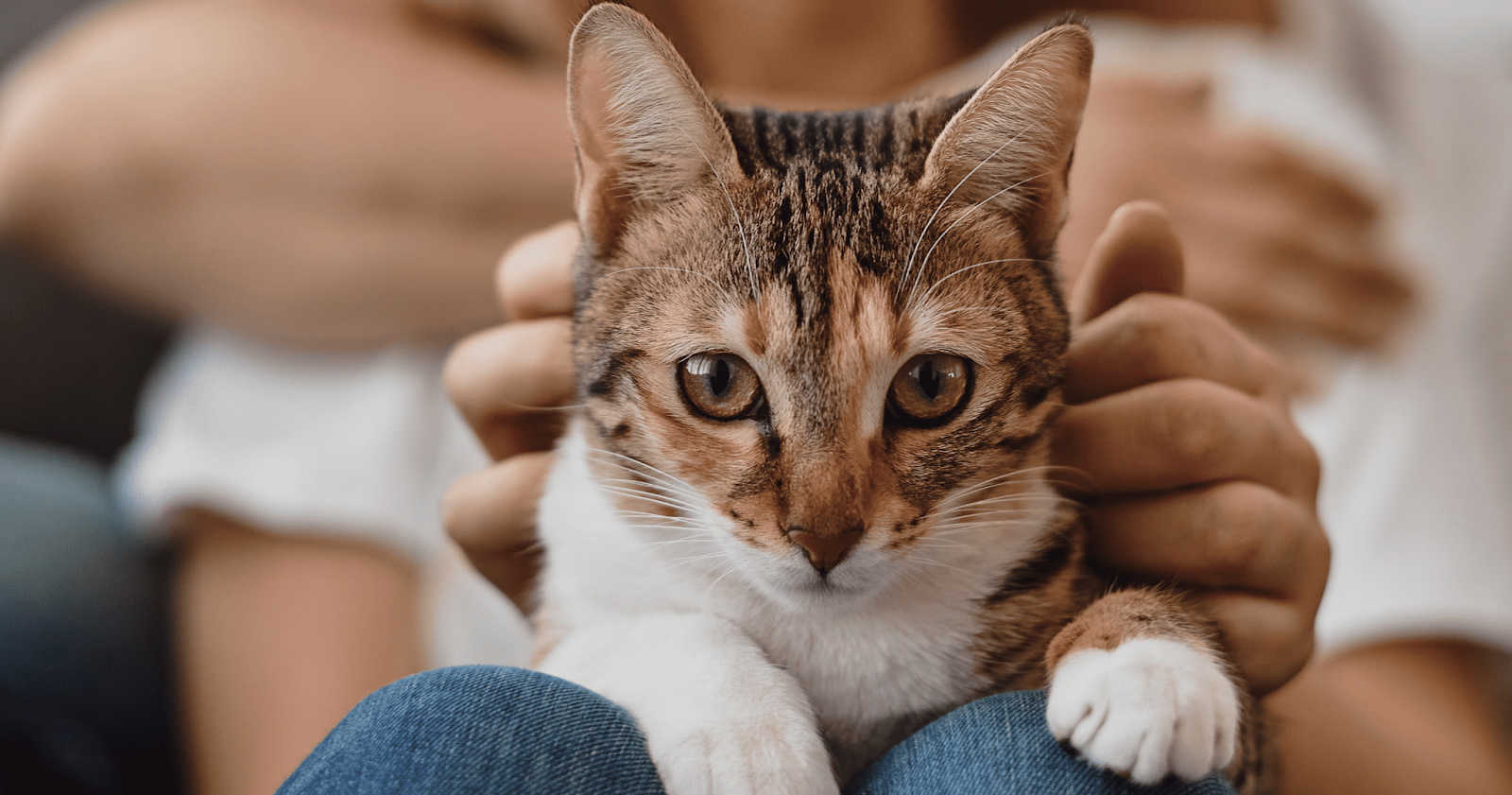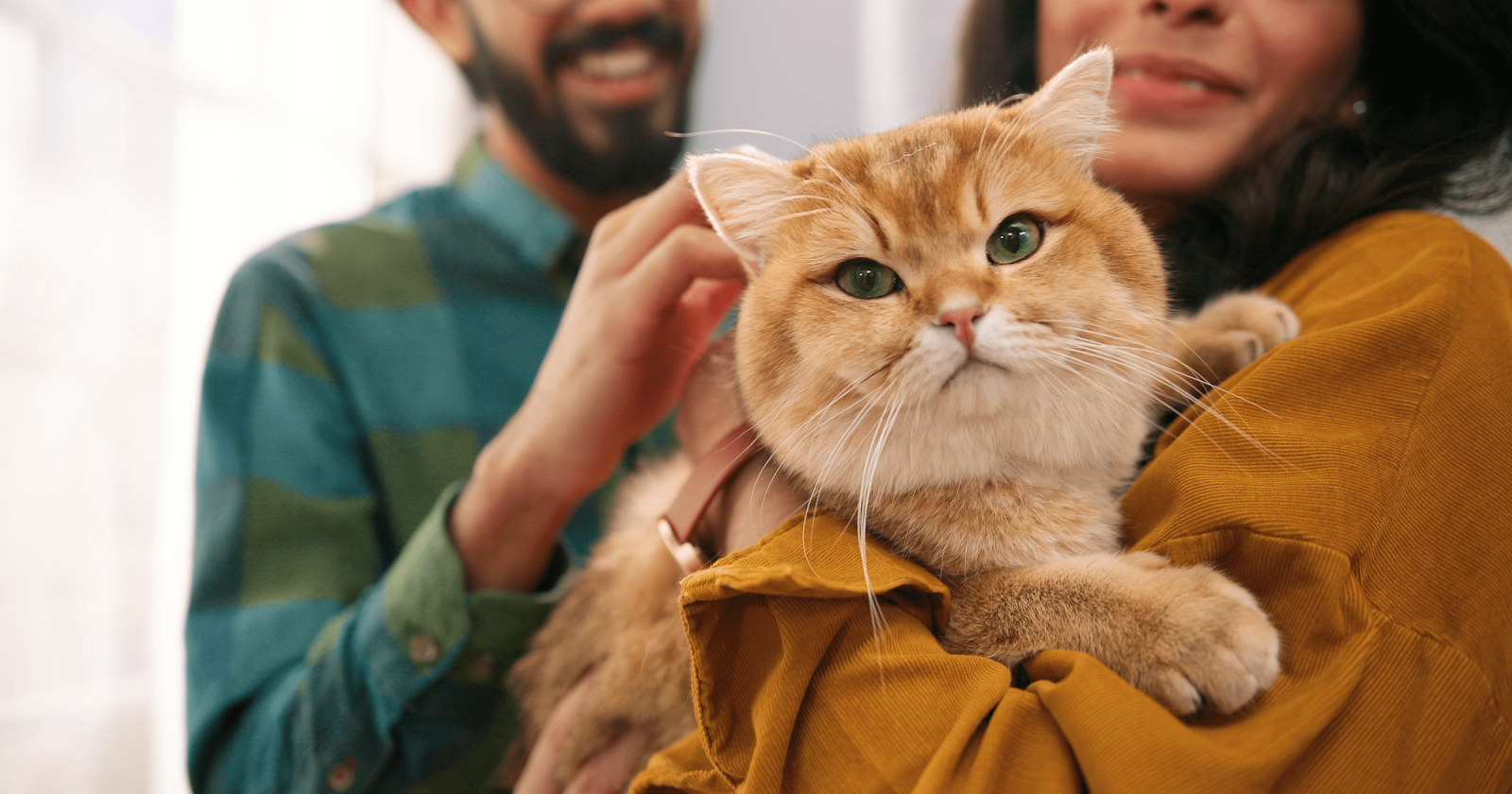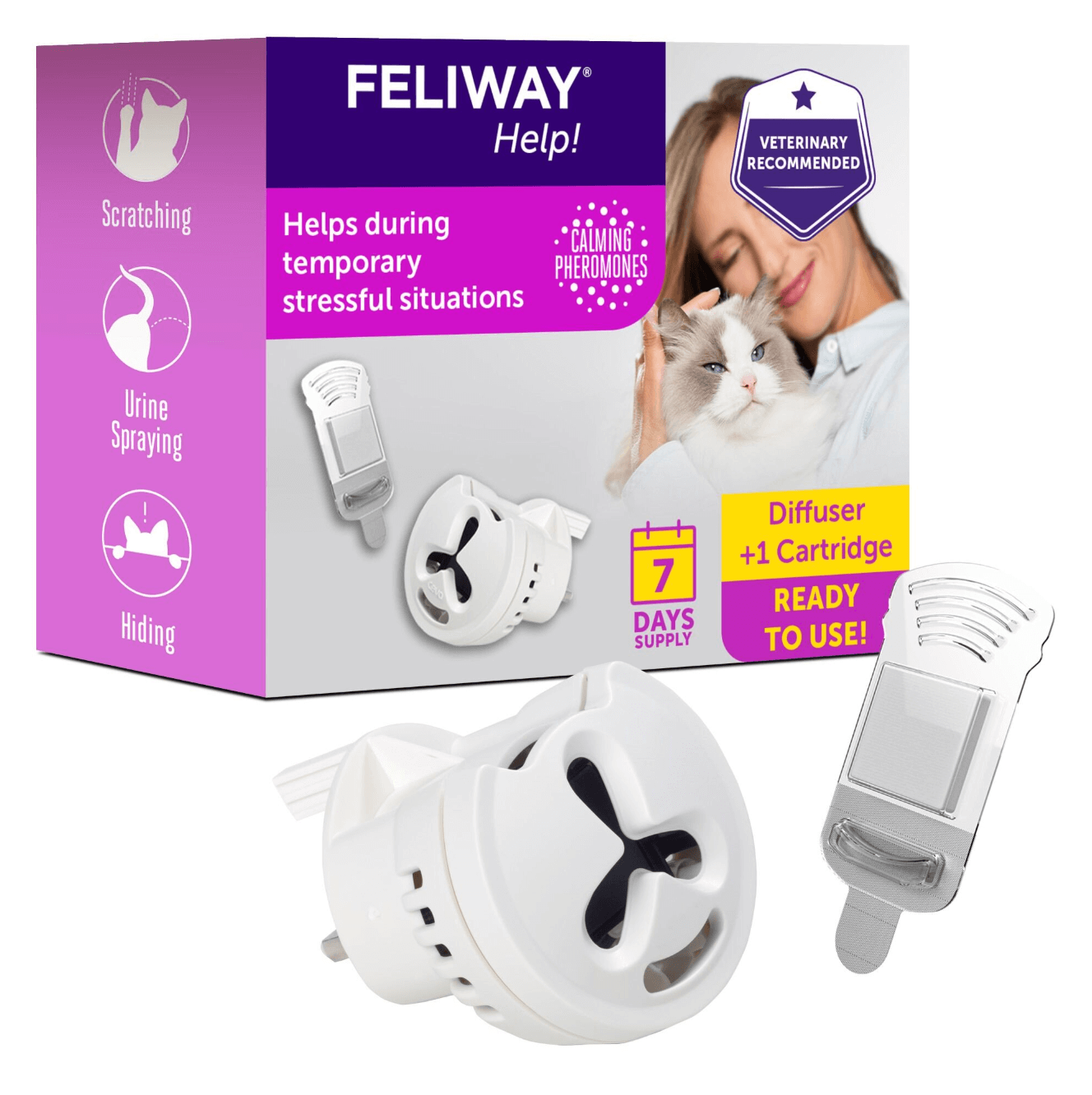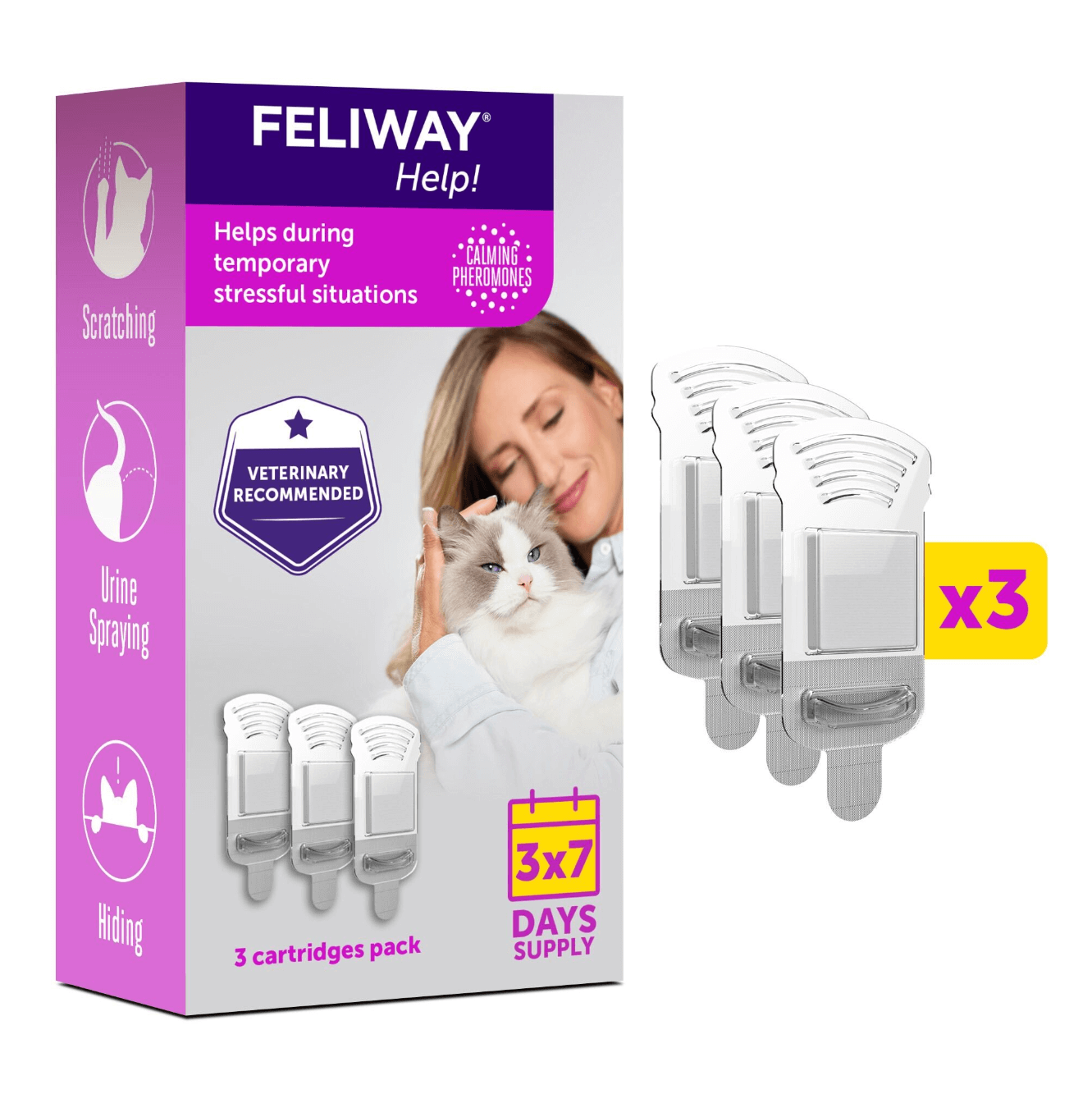
Is Your Cat Jealous of Your New Partner? 7 Signs to Look For!
Is your cat a little 'green eyed'? Have their whiskers been put out of joint? If you have a new partner in your life, perhaps this is the cause of kitty dissatisfaction!
Cat's don't like changes in their environment or their routine; they are quite happy for each day to be the same as the previous one, because they know what to expect. So, you may be reassured that it's not your partner they are unsure about, but the changes that they bring with them!
Another person living or staying in your home will probably have had an impact on your pet's routine. Or perhaps they have introduced new objects into the house which has unsettled your cat, and made it appear that they are jealous!
7 Signs to look out for
A cat's body language can tell you a lot about how your cat is feeling, but there are some physical signs that you should look out for as well:
- Have you noticed that they are not using their scratching post, but they are scratching in your home on door frames, walls or furniture?
- Are they spraying on your walls and furniture (while still using their litter tray for urinating)? They are trying to reinforce their territorial marks.
- Are they more elusive and hiding away more often, perhaps in a cupboard, under your bed, or just staying away from you? Remember cats are very wary of strangers and they might be a little nervous of your partner and they are hiding away because that's where they feel safe.
- Are they showing signs of being fussy with their usual food and perhaps not eating as much?
- Are they less active?
- Are they over grooming, sometimes so much that there are completely bald areas on their body?
- Perhaps they are eating more?

Tips to help your cat feel more relaxed around your new partner
Keep to their routine:
Make sure your cat's routine is not changed, so that they rise at the same time each morning, their meal times are maintained, your play and training sessions continue, and that their surroundings stay the same.
Provide a safe space
Ensure your cat has a space that they can retreat to where they feel safe and secure. Set this up before your partner moves in, or visits regularly. Having a comfy bed, a scratching post and some favourite toys around will help - cats often want to have a nice stretch after a nap and this will deter them from scratching your furniture too. Ask your partner to leave your cat undisturbed in this area.
In addition to this space, it is important that your cat's resources are still kept in their original place too. Giving them an additional safe space allows your cat to have a choice and the opportunity to use their resources without worrying about where your partner is.
FELIWAY Help! provides 7 days of calming feline pheromone to support your cat during short stressful situations. Simply plug it in 2 days before your new partner comes to visit in the room that your cat prefers to spend their time.

Spend time with your cat
Spend one-on-one time with your cat both before and after your partner arrives. Having this constant relationship will help your cat, especially when you reward them for good behaviour.
Slowly introduce your partner
- Give your cat opportunities to approach your partner on their terms, never force them to interact or try to lift them up; your cat will probably struggle to get away and be reluctant to return.
- Encourage your partner to get down to your cat's level and sit on the floor, allowing the cat to come to them. Having treats or a toy to hand will help with introductions; advise your partner not to stare at your cat but encourage them to 'slow blink' as a cat sees this as a welcoming gesture.
- Playing with a toy that means your cat is not too close, is a good place to start. A fishing rod toy, or rolling a ping-pong ball along the floor will help to break the ice.
- Mixing their scents can also encourage your cat to investigate your partner a little more closely. Gently rub a soft cloth on your cat's cheeks and then rub it on your partner's clothes; this may entice your cat to come a little closer.

- Get your partner to throw a few treats towards your cat, gradually reducing the distance thrown so that the cat comes a little closer to them. This way, your cat may then start to see your partner as a friend, not foe. Then try Happy Snack - it's a deliciously calming cat treat that most feline's can't resist!
- Let your partner know how to interact with your cat, e.g. hold out an index finger for them to sniff, concentrate stroking on head and neck, check body language for signs the cat is comfortable with stroking, but also explain where a cat prefers not to be stroked, like their legs and paws.
- If your new partner is not used to living with a feline friend, explain your cat's routine and needs and help them to understand that cats:
- Like familiarity and routine
- Are active in the morning and evening, so don't be surprised if they jump onto the bed in the wee small hours of the morning.
- Need to have time to play, but on their terms
- Usually prefer to be stroked on their head and neck (and showing their tummy is not an indication for a tummy rub),
- Don't like to be picked up and cuddled but they will climb near to you, when they are ready to.
- Like to climb and it's not unusual to spot them on top of the wardrobe.
- Will hide away for periods of time if they are nervous
- Are often not keen on strangers - so they should be patient!

If your cat still seems unsettled after a little while, then it is possible that there's an underlying medical issue which you may need to get checked out by a vet. Your vet can also refer you to a qualified behaviourist who can work with you to help support your cat to become friends with your new partner.
Are you looking for more ways to tell your cat you love them? Get in touch and we’ll share all the advice we can. You can also stay informed with our latest information on FELIWAY products, as well as further tips, by signing up to our newsletter.





































